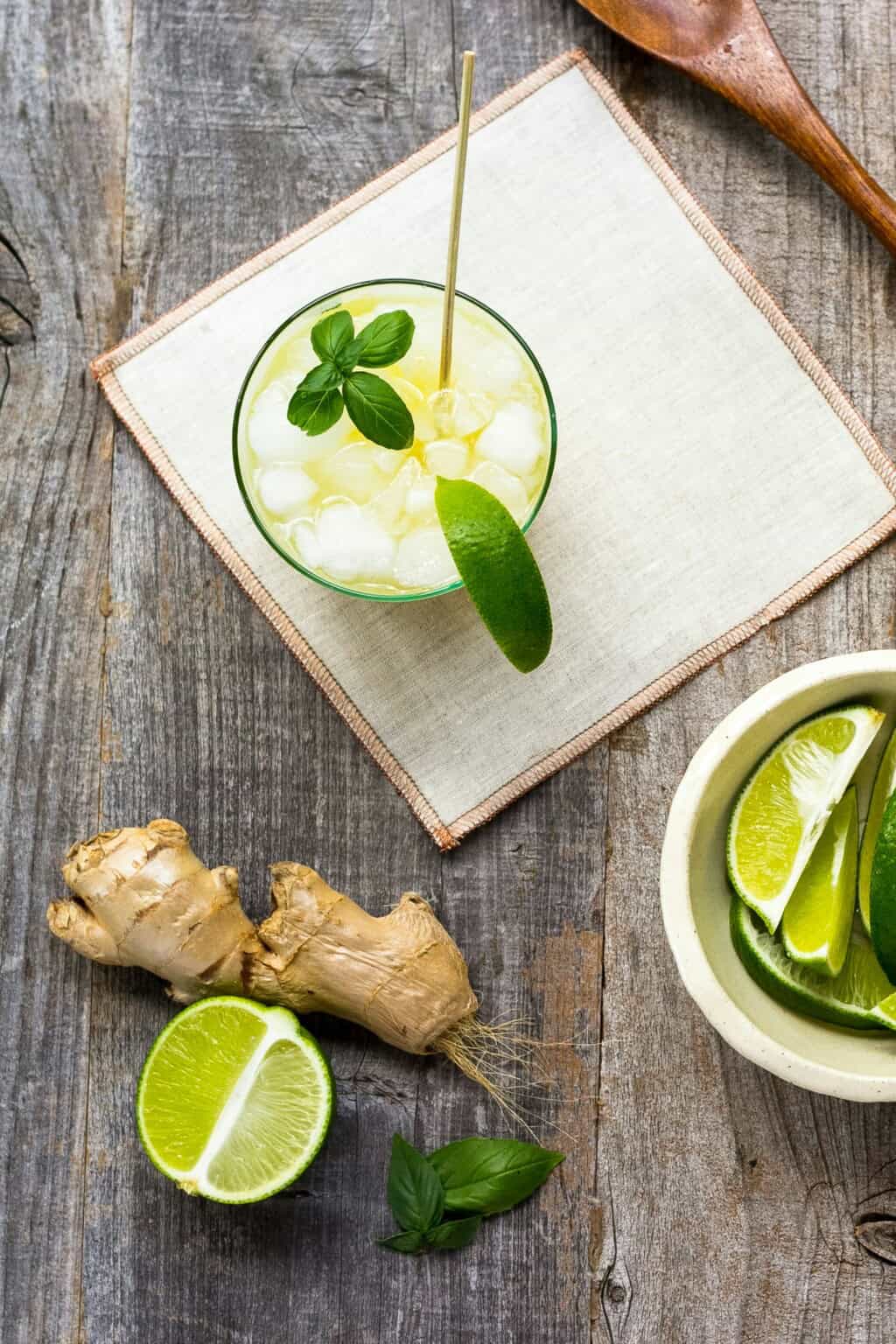Healthy Living / Eating
All about ginger
This article is from herbal expert Steven Horne.
Ginger is a very common spice available at any grocery store and is used to flavor ginger snap cookies, gingerbread, and ginger ale. Ginger is second only to capsicum in its stimulating effects. While capsicum primarily stimulates circulation, ginger’s primary action is directed towards the digestive system.
Ginger stimulates digestive secretions and increases intestinal motility. This means it helps the body digest food better and also helps relieve digestive stagnation, easing gas, bloating, and indigestion.
Ginger and Motion Sickness
Daniel B. Mowrey, author of The Scientific Validation of Herbal Medicine, published a study on ginger for motion sickness and nausea in the medical journal The Lancet in 1982. He and his research partner found that ingesting ginger effectively prevented motion sickness and reduced or eliminated morning sickness.
The ability of ginger to ease motion sickness and nausea is related to its digestive effects. Nausea occurs when the peristaltic motion of the small intestines reverses. Normally it’s pushing material downward, but when it starts pushing things upward towards the stomach, you experience nausea. If this reversal of peristalsis persists, you throw up. Ginger eases nausea and prevents vomiting by stimulating the downward movement of materials in the small intestine.
Ginger for Colds and Congestion
Pungent herbs like capsicum, ginger, garlic, and mustard are some of the best allies for acute ailments involving fever, chills, and copious watery or white mucus. You use herbs like ginger to thin and expel mucus and to induce perspiration. Drinking a warm tea made of either fresh or dried ginger is helpful. One popular remedy is a tea made with slices of fresh ginger, lemon, and a little honey.
It’s also helpful to use ginger in a bath. Put a couple of tablespoons of dried ginger into a bag made with cheesecloth or other fabric and put it in a tub of water as hot as can be comfortably tolerated. Soak in the bath for at least 15 minutes, keeping the bath hot. It can be helpful to coat sensitive areas in some olive oil so they won’t be irritated by the ginger. Ginger baths can be helpful for easing both acute ailments and easing muscle aches and joint pain.
Using Ginger
Ginger works well in capsules or tea forms, but it can also be used in a variety of food-like forms. I’ve eaten pickled or candied ginger and drunk ginger beer to help digestion. I’ve also juiced fresh ginger with lemon and apple as a digestive tonic.
In Modern Herbal Dispensatory, I list a formula I created called ginger magic that I find great for fighting colds and flu and settling an upset stomach. It also has anti-inflammatory properties. To make it, start by juicing fresh ginger using a vegetable juicer. Measure the amount of ginger juice and add an equal amount of glycerin (or honey). Then add ¼ of that amount of brandy or spiced rum. So, if you added 1 cup of glycerin, you’d add ¼ cup of brandy. To use it, take 1-3 teaspoons with water when you’re sick or have an upset stomach.
Ginger essential oil can also be used, but it must be diluted. To use it internally, dilute 1-2 drops in a little fixed oil (olive or coconut oil). Ginger oil can also be diluted in a fixed oil and applied topically to help ease joint and muscle pain.
Photo by Kim Daniels on Unsplash

